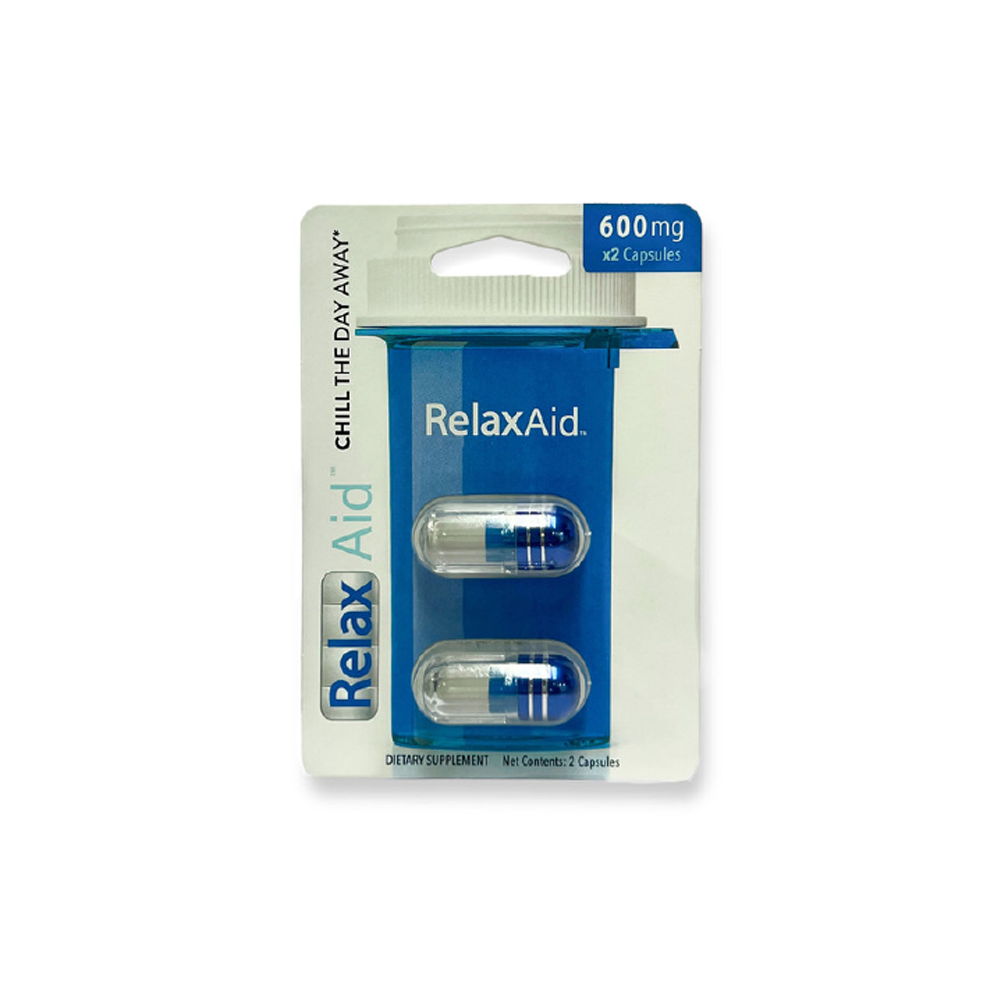Caffeine is one of the natural substances that is widely used to increase alertness and energy. Caffeine acts as a stimulant of the central nervous system, increasing the release of wakefulness-inducing hormones and stimulating the release of adrenaline in the body, increasing energy levels and attention.
Caffeine is also a stabilizer of adenosine, a substance that causes drowsiness and reduces alertness. Due to this mechanism, caffeine can improve alertness and attention for longer periods.
What is caffeine?
Caffeine is a chemical compound belonging to the class of stimulants, and is naturally present in several types of plants such as coffee beans, tea leaves, and grains used to make chocolate. Caffeine is widely used in stimulant drinks such as coffee, tea and soft drinks. Coffee is one of the most important sources of caffeine, with one cup of distilled coffee containing 95 to 165 milligrams of caffeine, while one cup of black tea contains about 40-70 milligrams.
Caffeine is a stimulant for the central nervous system, where it affects the body by preventing adenosine, a compound that causes drowsiness, from interacting with its receptors in the brain. This effect leads to increased activity of dopamine and norepinephrine in the brain, which promotes alertness, improves neural response and reduces the feeling of fatigue and drowsiness

How does caffeine affect the body?
The effect of caffeine on the body is due to its ability to interact with adenosine receptors in the brain, as it blocks the effect of this substance that causes drowsiness and relaxation. This reaction leads to increased secretion of noradrenaline and dopamine, which promote alertness and stimulate central nervous activity.
Thanks to this effect, caffeine is useful in improving mental and physical performance, especially at times when a person is in a state of drowsiness or fatigue. It may also increase concentration and attention levels, making it a popular choice for people who need to increase alertness during the activities required of them.
In general, caffeine is an effective substance for increasing alertness and improving mental and physical performance, but it should be used with caution and be careful to dose and potential side effects.
To buy our caffeinated products that benefit your mind and body click here to buy them
What are some of the potential benefits of caffeine?
Caffeine can offer many health and potential benefits to the body and mind. It is an effective stimulant that can help improve attention and alertness, contributing to increased ability to focus and mental performance. In addition, caffeine can boost energy levels and reduce feelings of fatigue and fatigue, making it useful during long periods of the day or times that require attention and concentration.
Some research suggests that moderate caffeine intake may help improve athletic performance, as it can increase endurance and stimulate physical performance. In addition, there are some studies suggesting that regular caffeine consumption may reduce the risk of diseases such as Alzheimer’s disease and Parkinson’s disease, although this needs more research to confirm its effect.

Does the body rely on caffeine?
Yes, the body can become caffeine-dependent after a period of constant and regular use. This dependency is based on caffeine’s ability to stimulate the central nervous system and raise alertness and energy. Over time, the body can evolve to rely on caffeine for the energy and alertness needed for daily activities.
However, this is caused by a mechanism by which the body gets used to the effects of caffeine, as the brain gets used to reacting to this substance repeatedly, resulting in a decrease in the effectiveness of the caffeine response over time. In other words, a person needs to drink more caffeine to achieve the same level of alertness and energy.
This continued affiliation with caffeine may lead to the development of addiction, as a person feels an urgent need to consume caffeine to avoid feeling shivering, headache and fatigue. Thus, caffeine tolerance can occur, as a person needs larger amounts to achieve the same effects they would get with less caffeine previously.
For more information about the benefit to the body of coffee read here

When should caffeine intake be avoided?
Consuming caffeine before bed can negatively affect your sleep, as it can cause shivering, anxiety and difficulty falling asleep. It is preferable to avoid caffeinated drinks such as coffee, tea and soft drinks in the late hours of the day to ensure a good and restful sleep.
Some people are sensitive to caffeine and may experience annoying side effects such as shivering, headache and anxiety even when consuming small amounts of caffeine. For this reason, people who are sensitive to caffeine should avoid caffeine altogether or limit caffeine consumption to a minimum.
People with sleep disorders such as insomnia should be cautious with caffeine intake, as caffeine consumption can increase insomnia symptoms and make it difficult for them to sleep properly. It is best to avoid full caffeine intake or reduce its consumption before bed to improve their sleep and quality.















